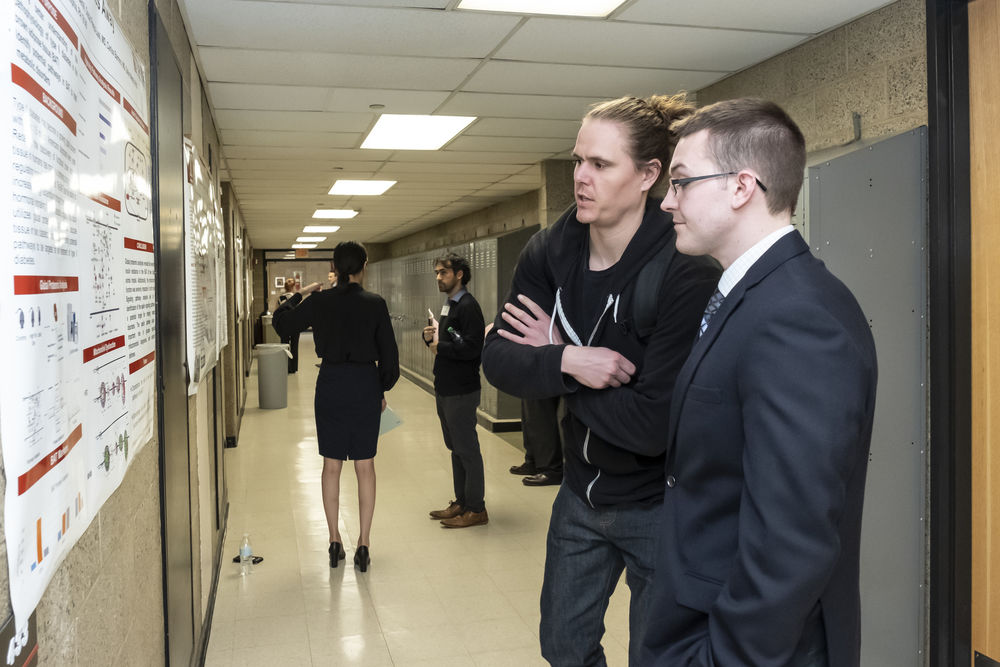Medical Device Certificate
The Medical Device Certificate in the School of Pharmacy at Temple University focuses on the domestic and global regulations governing the medical device field. Many pharmaceutical companies have separate device divisions or entire subsidiaries that focus on marketing medical and diagnostic devices, such as diagnostic instruments and kits, surgical sponges, and drug delivery devices, ranging from syringes to transdermal patches. This certificate is part of the school’s regulatory affairs (RA) and quality assurance (QA) graduate program and is available online. A master’s degree is not required to earn this certificate.
Regulatory affairs professionals pursuing this certificate will deepen their understanding of the device field by exploring the similarities and differences in pharmaceutical and device regulations. The Food and Drug Administration’s (FDA) regulation of medical devices has the same objective as its regulation of drugs: protecting public health by ensuring a balance of risk versus benefit for marketed products. Some high-risk medical devices, such as sutures, contact lenses and antibiotic sensitivity disc, were regulated as drugs before the 1976 legislation was passed extending the FDA’s regulatory authority over devices. Because medical devices are highly variable in complexity and technology, a more flexible approach to their regulation has evolved to meet this objective than has evolved for drugs.
The Medical Device Certificate reviews key aspects of the medical device industry: regulation, compliance and submissions in the domestic and global realms. Instructors are experts from the medical device sector who conduct highly interactive classes with hands-on workshops, enabling students to apply their knowledge immediately to the workplace.
Post-master’s Certificate
Students have the option to complete a post-master’s curriculum in medical devices. Coursework focuses on the domestic and global regulations governing the medical device field. To apply for this 15-credit program, applicants must hold a master’s degree in a pharmacy-related field and a bachelor of science degree in biological sciences, engineering, healthcare, natural sciences or related disciplines.
Learn more about the Post-master’s Certificate in Medical Device.

